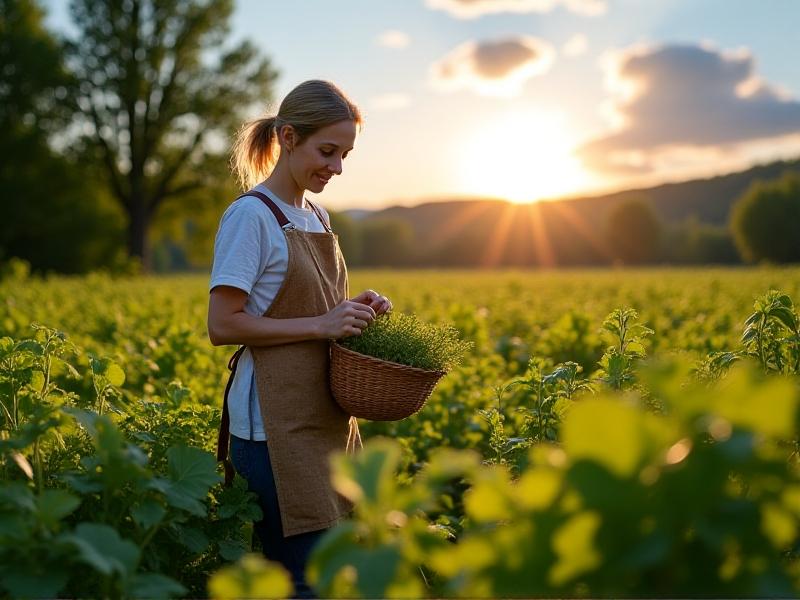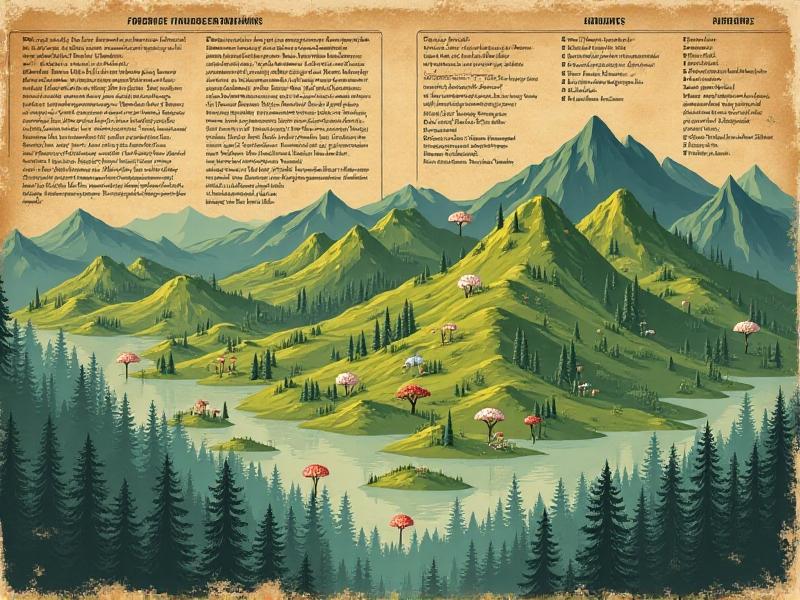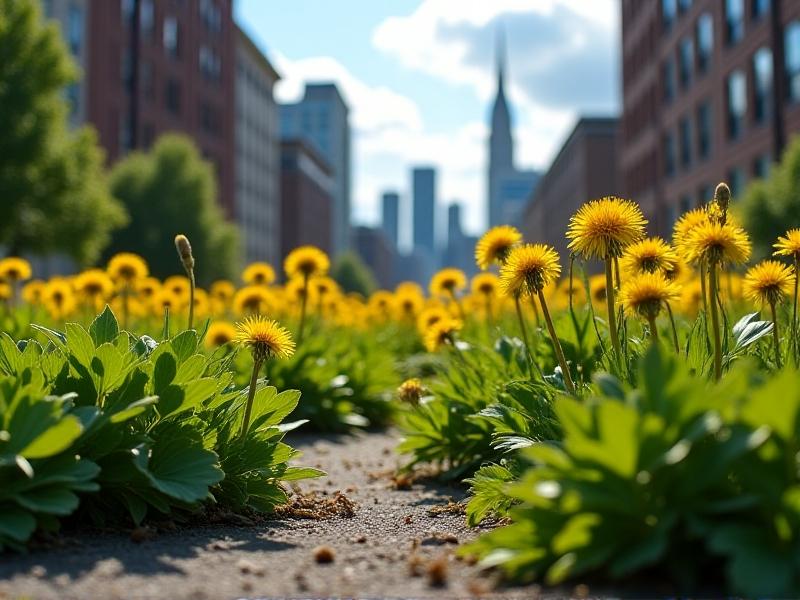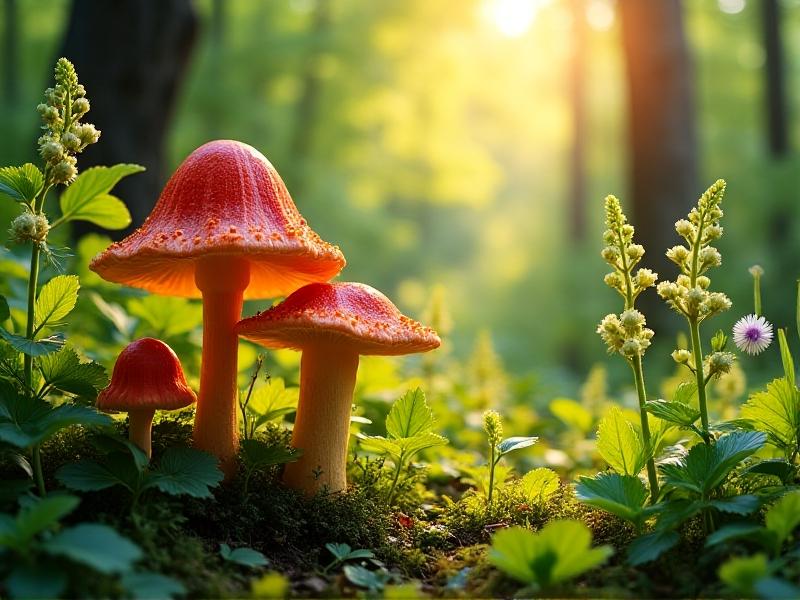Legal Considerations When Foraging Edible Weeds on Private Property
Understanding the Basics of Foraging on Private Property
Foraging for edible weeds has become a popular activity for those looking to connect with nature and explore sustainable food sources. However, when it comes to foraging on private property, there are several legal considerations that must be taken into account. Private property rights are protected by law, and trespassing can lead to serious legal consequences. Before venturing onto any private land, it is essential to understand the legal framework surrounding property access and foraging.
In many jurisdictions, property owners have the right to control who enters their land and what activities are conducted there. This means that foraging without explicit permission can be considered trespassing. Additionally, some regions have specific laws that protect certain plants or ecosystems, making it illegal to harvest certain species even if you have permission to be on the property.
To avoid legal issues, it is crucial to research local laws and regulations related to foraging. This includes understanding the difference between public and private land, as well as any specific rules that apply to foraging activities. In some cases, you may need to obtain a permit or written consent from the property owner before you can legally forage on private property.

Obtaining Permission: The Key to Legal Foraging
One of the most important steps in foraging on private property is obtaining permission from the landowner. This not only ensures that you are acting within the law but also helps build a positive relationship with the property owner. When seeking permission, it is important to be transparent about your intentions and to explain the benefits of foraging, such as promoting biodiversity and reducing the use of chemical herbicides.
There are several ways to approach a property owner to request permission to forage. You can start by introducing yourself and explaining your interest in foraging. It is often helpful to offer something in return, such as sharing a portion of your harvest or helping with land maintenance. Be prepared to answer any questions the owner may have and to provide information about the specific plants you are interested in foraging.
Once you have obtained permission, it is important to respect the terms agreed upon. This may include staying within designated areas, avoiding certain plants, or limiting the amount of material you harvest. By following these guidelines, you can ensure that your foraging activities are both legal and sustainable.

Navigating Local Laws and Regulations
Foraging laws can vary significantly from one region to another, making it essential to familiarize yourself with the specific regulations in your area. Some jurisdictions have strict rules about which plants can be harvested, while others may require foragers to obtain a permit. In some cases, foraging may be completely prohibited on certain types of land, such as protected wildlife areas or conservation zones.
To navigate these laws, start by researching the local regulations related to foraging. This may involve contacting local government agencies, such as the Department of Natural Resources or the Environmental Protection Agency, to obtain information about the rules that apply to your area. Additionally, it is often helpful to consult with local foraging groups or experts who can provide guidance based on their experience.
Understanding the legal framework surrounding foraging is not only important for avoiding legal trouble but also for ensuring that your activities are sustainable and environmentally responsible. By adhering to local laws, you can help protect natural ecosystems and ensure that foraging remains a viable practice for future generations.

Ethical Foraging: Balancing Harvest and Conservation
While legal considerations are crucial, ethical foraging practices are equally important. Foraging can have a significant impact on local ecosystems, and it is essential to balance the desire to harvest with the need to conserve natural resources. Ethical foraging involves taking only what you need, avoiding rare or endangered species, and minimizing damage to the environment.
One of the key principles of ethical foraging is the concept of sustainable harvest. This means that you should only take a small portion of any given plant population, leaving enough behind to ensure that it can continue to thrive. Additionally, it is important to avoid harvesting plants that are critical to the survival of local wildlife, such as those that provide food or shelter for endangered species.
Another important aspect of ethical foraging is respecting the land and its owner. This includes following any guidelines set by the property owner, such as staying on designated paths or avoiding certain areas. By practicing ethical foraging, you can help ensure that your activities have a positive impact on the environment and the local community.
Potential Legal Consequences of Illegal Foraging
Engaging in foraging activities without proper permission or in violation of local laws can lead to serious legal consequences. Trespassing is one of the most common legal issues associated with foraging on private property. In many jurisdictions, trespassing is considered a criminal offense, and offenders can face fines, community service, or even jail time, depending on the severity of the violation.
In addition to trespassing, illegal foraging can also result in charges related to theft or vandalism. Harvesting plants without permission can be considered theft of property, while damaging the land or vegetation can lead to charges of vandalism. In some cases, foraging in protected areas or harvesting endangered species can result in even more severe penalties, including hefty fines and restrictions on future access to natural areas.
To avoid these legal consequences, it is essential to always obtain permission before foraging on private property and to adhere to local laws and regulations. By doing so, you can enjoy the benefits of foraging while minimizing the risk of legal trouble.
Building Positive Relationships with Property Owners
Building positive relationships with property owners is key to successful and legal foraging. Property owners are more likely to grant permission to forage if they feel that their land and interests are being respected. Establishing trust and open communication can lead to long-term foraging opportunities and even partnerships that benefit both parties.
One way to build a positive relationship is to demonstrate your knowledge and respect for the land. This can include sharing information about the plants you are foraging, as well as any sustainable practices you follow. Additionally, offering to help with land maintenance or other tasks can show that you are committed to being a responsible steward of the property.
Maintaining a positive relationship also involves following through on any agreements made with the property owner. This includes respecting boundaries, adhering to any guidelines, and keeping the land clean and undisturbed. By building trust and demonstrating respect, you can create a mutually beneficial relationship that supports both your foraging activities and the property owner’s interests.
Conclusion: Foraging Responsibly on Private Property
Foraging for edible weeds on private property can be a rewarding and sustainable activity, but it requires careful consideration of legal and ethical factors. By understanding the legal framework, obtaining permission, and practicing ethical foraging, you can enjoy the benefits of foraging while minimizing the risk of legal trouble and environmental harm. Building positive relationships with property owners and staying informed about local laws are essential steps in ensuring that your foraging activities are both legal and sustainable.
Ultimately, responsible foraging is about more than just harvesting plants—it’s about respecting the land, the property owner, and the natural ecosystems that support these valuable resources. By approaching foraging with care and consideration, you can contribute to the preservation of these ecosystems and ensure that they remain healthy and vibrant for future generations.








